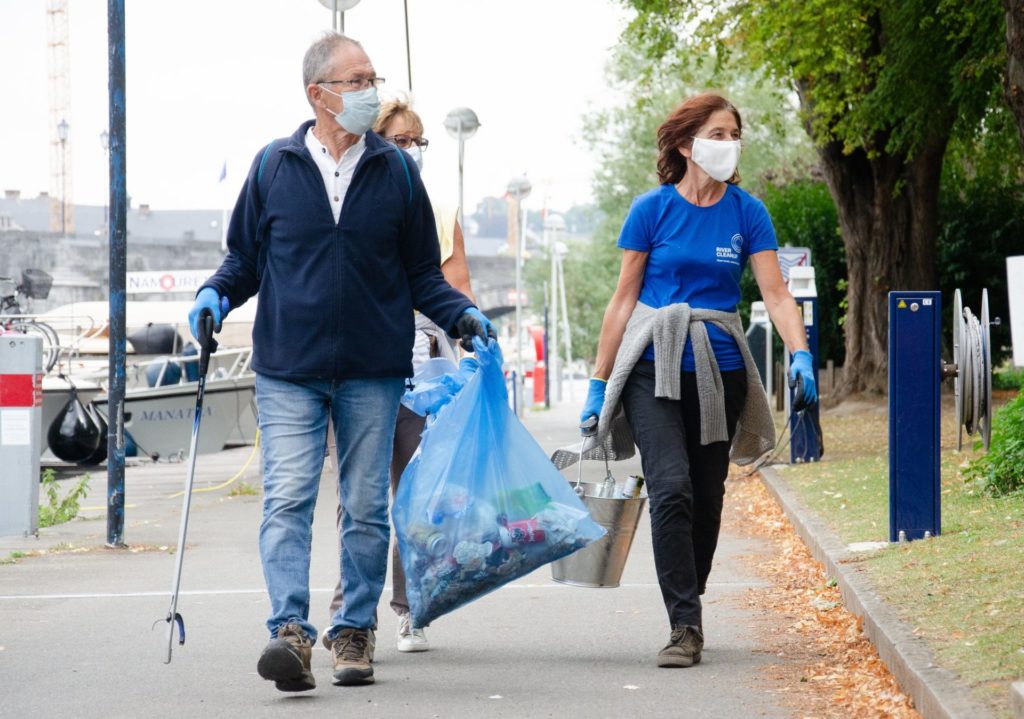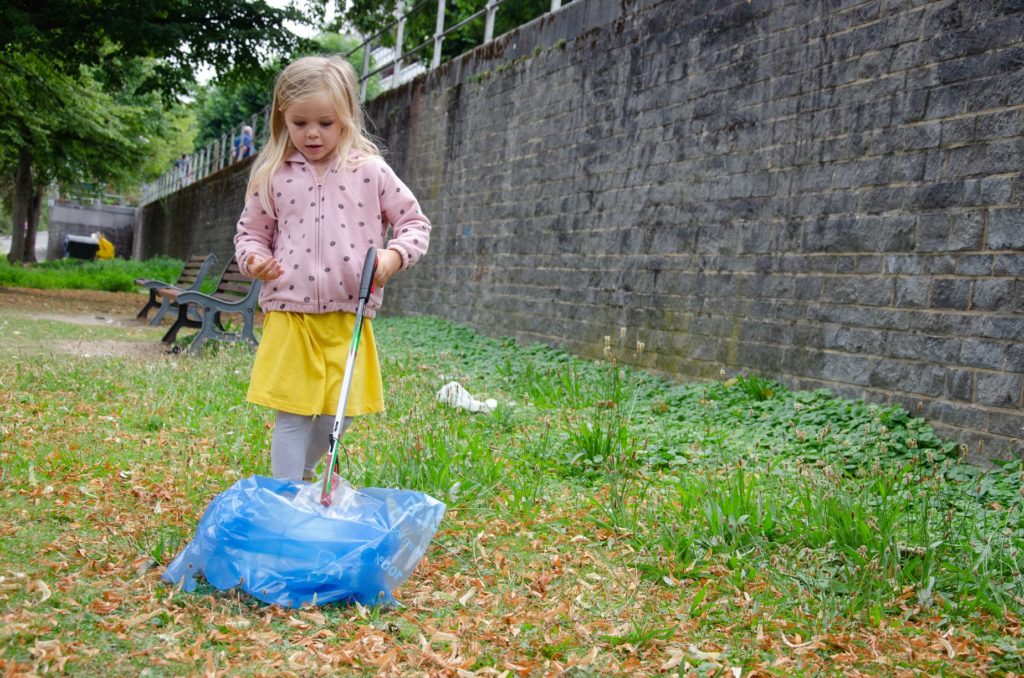Belgium’s main watercourses are in for a weekend detox as hundreds of volunteers across the country gear up for World Clean-Up Day.
Belgian non-profit River Clean-Up is joining in on the global initiative for the second year in a row, recruiting local “river warriors” to muck out waste from the rivers and canals of six major Belgian cities.
On top of the Scheldt in Antwerp and Ghent, the group this year will organise clean-ups of La Meuse and La Sambre in the Walloon cities of Namur and Liège as well as of the Brussels Canal and of Leuven’s Dyle.
Amid the coronavirus pandemic, fears that turnout would disappoint as the organisation sought to expand their operation throughout the country went up in a poof, with Doggen saying that two of the six clean-ups were already full and that the others were rapidly reaching the 400-person limit imposed for outdoor events.
For this year’s clean-ups, volunteers will be parcelled out to different zones in pre-registered social bubbles of no more than ten people.
Six tons of waste were pulled from the River Schelde during a single clean-up in Antwerp last year, Arno Doggen, a member of the non-profit, said in a phone interview, adding that participants were shocked to realise how much trash is floating in and lying around the city’s river.
“Waste from people eating and drinking — that is what we find the most,” Doggen said. “Bottles, food cans, plastic bags to carry drinks, plastic cutlery, disposable plates, glass bottles…”
After a clean-up operation, Doggen said that most participants lost what the non-profit has come to refer to as “trash blindness,” a sort of obliviousness to the pressing littering problem that is still clogging watercourses in Belgium and wider Europe.
“We see this all the time when people join us for the first time, we call this trash blindness — where people are not aware that there is so much trash and, once they clean up for the first time, they cannot unsee it anymore.”
“Most people’s reaction is: ‘Who leaves this behind?'."
[caption id="attachment_131886" align="alignnone" width="1024"] Credit: River Cleanup/Facebook[/caption]
Credit: River Cleanup/Facebook[/caption]
Focus on plastics
“River warriors” this year will be given at least two different containers, one for non-recyclable waste and the other one for PMC (recyclable plastics, metals and cardboard) as well as for “all types of plastics,” depending on the clean-up which they choose to join, as the non-profit seeks to boost data collection on the type of waste most commonly found in the country’s rivers.
“We are working on getting more straight forward data on the types of plastic collected,” he said. “This year we will give the plastic collected to one of our partners who will analyse and categorise it with the help of AI technology.”
Along with plastic, Belgian rivers’ other major woe were cigarette butts, which Doggen advanced could be even more harmful to water pollution since it was still somewhat socially acceptable to just flick away a cigarette butt and stomp it down on the sidewalk.
“The problem is huge, it could be the biggest since it is the last socially acceptable item that you can just discard off in public. If someone throws a cigarette butt, no one really cares, but if you throw a can, people will look at you,” he said. “So this disconnect between a cigarette butt and trash is very harmful, since some studies show that a single cigarette butt can pollute hundreds of metres of water, so you really don’t want that to end up in our environment — and it’s literally everywhere.”
Overall, Doggen said that Belgium was still looking at a habit problem and that awareness-raising was a key part of the solution to tackle pollution and littering of the country’s waterways.
“There is definitely a need to raise more awareness and foster more responsibility for our own trash — if you take something with you, especially if it’s nature, then you can also take it back.”
Clean-ups will begin on Saturday, 19 September in Antwerp and Ghent and on 20 September in Brussels and Leuven with others co-organised with Walloon non-profit Be WaPP set to take place in Liège on the 26th and in Namur on the 27th.
On the coast, four clean-up campaigns in Ostend, Bredene, Blankenberge and Nieuwpoort will also be among the hundreds organised worldwide to mark World Clean-Up Day.
Gabriela Galindo
The Brussels Times

